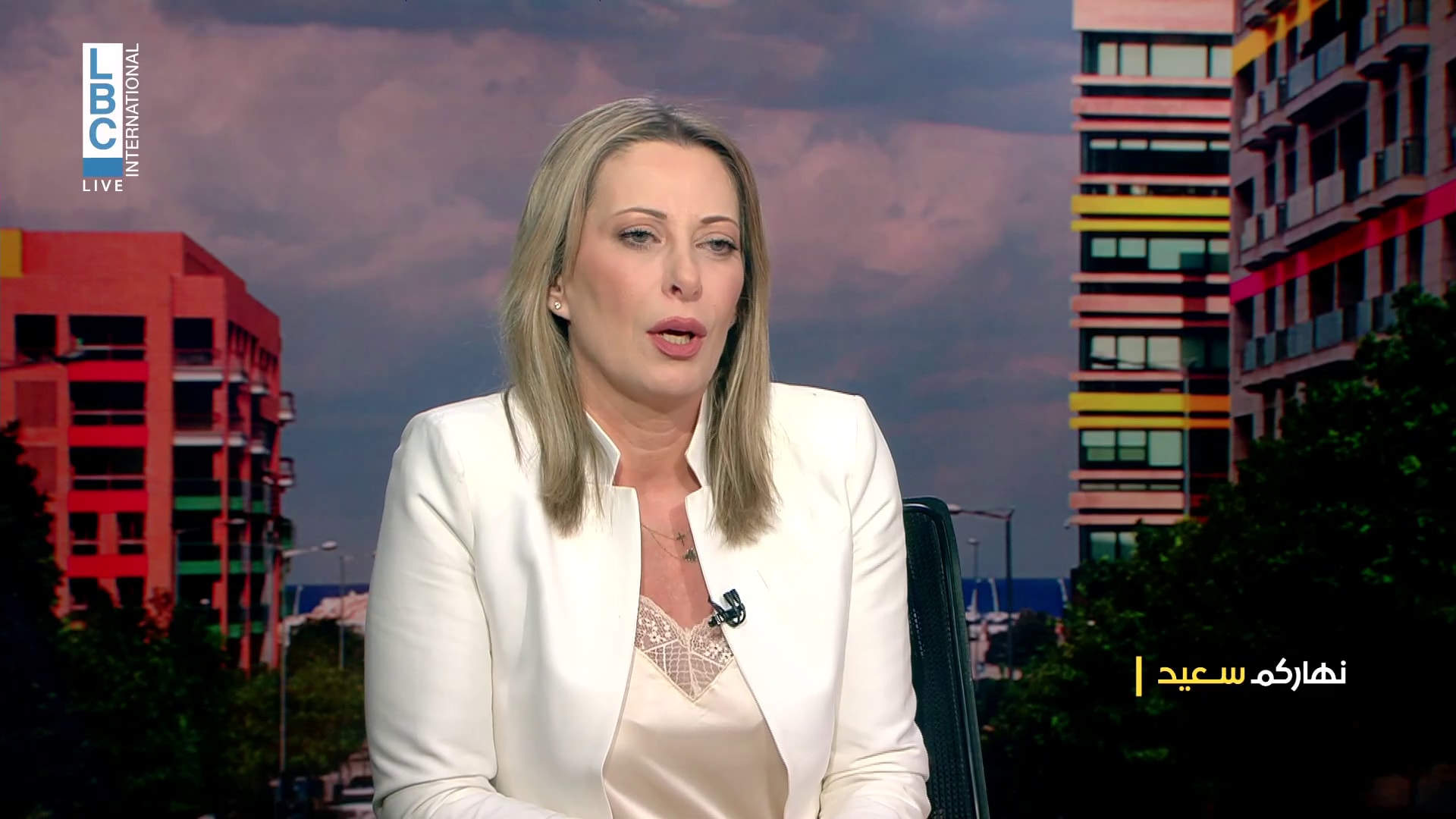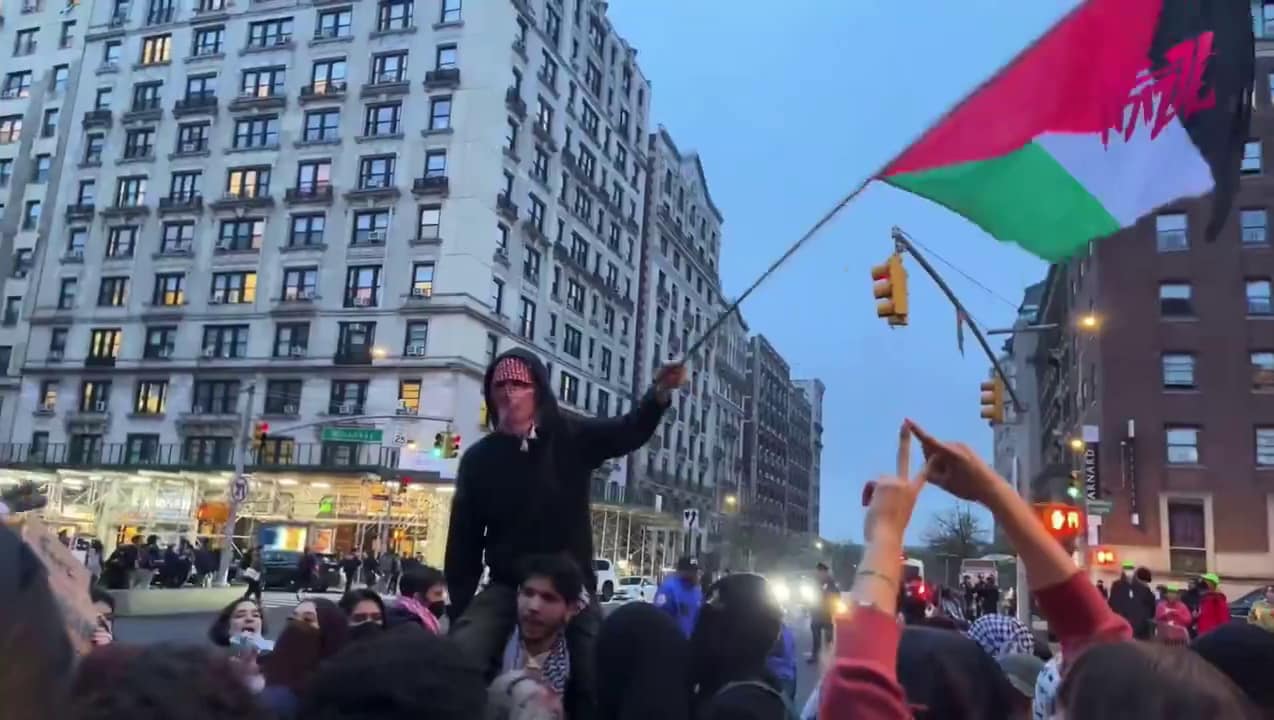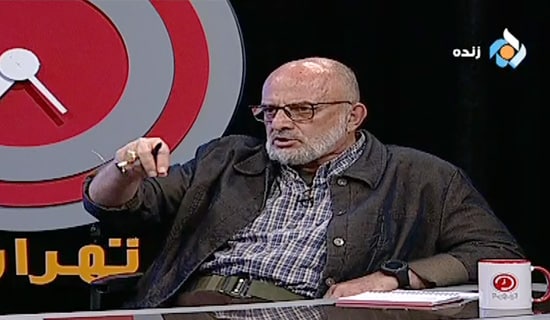
On June 28, 2020, Hawar News Agency from the Autonomous Administration of North and East Syria posted a report about female ISIS members from Russia who currently reside in the Al-Hawl Refugee Camp in northeastern Syria. The report claimed that according to the camp administration, there are 300 Russian families residing in the camp. The Russian camp residents who were interviewed told the reporters that some women beat other women whom they consider to be infidels or who renounce ISIS ideology, that many of the Russian women came with their husbands to Syria to be able to practice Islam more freely and to avoid persecution by Russian authorities, that escape from the camp can only be arranged with large sums of money, and that some women want to return to Russia and to the lives they had led before coming to Syria.
Narrator: "The Al-Hawl Refugee Camp is rightfully considered to be one of the most dangerous refugee camps in the world. Over 70,000 women from ISIS live there with their children. Almost every month, there is news of violent killings committed by camp residents. The camp is located in the territories of northeastern Syria, a region controlled by an autonomous administration. The camp's security is maintained by fighters from the Asayish Internal Security Forces, as well as by fighters of the forces of democratic Syria, and by women's self-defense units, which in March of 2019 had liberated the last remaining territories from the occupation of the Islamic State. Residents of the camp accuse the camp guards of poor treatment and although Russian residents of the camp are reluctant to give interviews and refuse to be filmed, we managed to find out that the women in the camp are being beaten. However, they are not being beaten by the camp guards – the women punish those amongst them who they consider to be infidels and those who renounce ISIS and want to go home. When asked if the camp's security forces harms the women, Russian residents of the camp answered unambiguously:"
Interviewer: "Will you have problems [because of our interview?]"
Woman 1: "No, they won't do anything to us. There is a rift here, there are those who want to leave... My mother-in-law and sister-in-law are here, too..."
Interviewer: "Can they cause problems for you?"
Woman 1: "This is the rift – they have their beliefs and I have mine.
[...]
"Like every Russian, I went to school – college, university – but I didn't finish my studies, because I got married. My husband took me to his house... We decided that it was very difficult for us to practice Islam in Russia. My husband had to leave, and naturally I went with him. He is the father of my children. That's why I had to follow him. He explained that in Syria, we will build our own society with our [Muslim] brothers and sisters. We were not coming here to kill or slaughter anyone – just to build our community. We wanted to practice our religion, to wear the clothing prescribed by Islam... I am from the Karachay-Cherkess Republic."
Interviewer: "Were you persecuted there for your religion beliefs?"
Woman 1: "Yes, of course. If you are wearing a black niqab, the Russian authorities put you under surveillance and you are registered by security services.
[...]
"I am afraid of public condemnation, of course, but I would like to return to the life that I had before coming to Syria."
Narrator: "According to the camp administration, 300 Russia families reside in the camp. They live off of the financial support of the autonomous administration. NGOs provide only symbolic assistance. Many of the women remain faithful to ISIS terrorist ideology and do not intend to change their beliefs."
Woman 2: "We are not afraid of them. We fear only Allah. We want to live according to shari'a law, but we are not hurting anybody..."
Narrator: "We managed to disprove the rumors that the camp administration is helping some people from ISIS to flee the camp. According to the Russian residents, there is no corruption in the camp. Escape from the refugee camp can be arranged by people from the outside for large sums of money.
Woman 1: "The corruption... No, people can leave the camp if they have money..."
Woman 2: "People collect up to $15,000, but still cannot leave for years..."
Interviewer: "Many have already left..."
Woman 2: "It's simply because they wanted to return to their mothers and fathers. They regretted everything. They didn't want their children to suffer in the camp. We see that the Russian government does nothing to help."
Woman 3: "We came to Syria with our husbands. Some came because their husbands took the children, and they had to follow."
Woman 4: "Some came because they had a criminal case in Russia for wearing hijab. Yes, the Russian authorities open criminal cases, so some had to flee to Syria..."
Narrator: "Maintaining a refugee camp is not an easy task. Some terrorists in the camp represent a serious problem for the residents of the region and for the autonomous administration of northeastern Syria. What fate awaits the Russians who chose to live in the Islamic State?"













